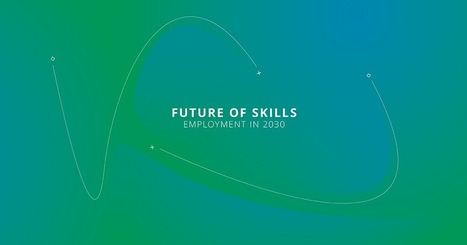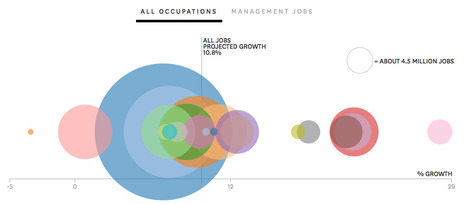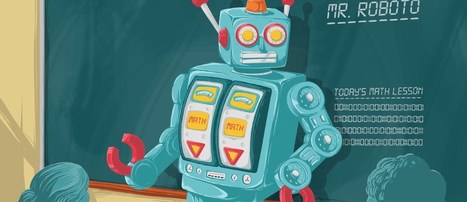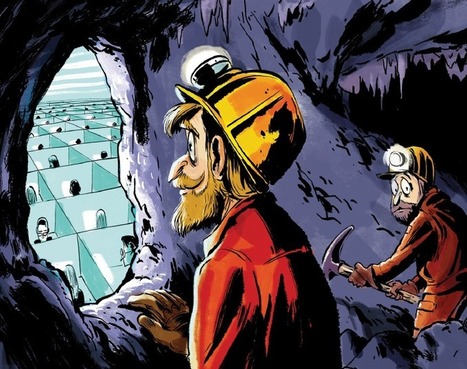
|
Rescooped by Yashy Tohsaku from iGeneration - 21st Century Education (Pedagogy & Digital Innovation) |
Get Started for FREE
Sign up with Facebook Sign up with X
I don't have a Facebook or a X account
 Your new post is loading... Your new post is loading...
 Your new post is loading... Your new post is loading...
No comment yet.
Sign up to comment

Gust MEES's curator insight,
November 1, 2017 4:55 PM
Jack Ma is optimistic about jobs in the age of AI and automation — but only if we start educating our children differently. Computers will always be better at calculating than we will, so we need to focus on service and creativity to be prepared.
ADAPTATION WILL CREATE JOBSMa’s not alone in this thinking; many experts feel that the way we currently teach children is ineffective, outdated,won’t prepare them for automation or STEM jobs, and renders higher learning inaccessible to too many. But when it comes to AI, Ma joins a debate that’s much more polarizing, with experts taking positions across the spectrum of opinion.
Learn more / En savoir plus / Mehr erfahren:
https://gustmees.wordpress.com/2015/05/26/what-are-the-skills-needed-from-students-in-the-future/

The Learning Factor's curator insight,
October 2, 2014 5:36 PM
The fastest-disappearing jobs are those in industrial production. |

Peter Azzopardi's curator insight,
August 21, 2014 5:43 PM
Skill scarcity has now become the new hurdle in cloud computing efforts made by most of the businesses. |



















